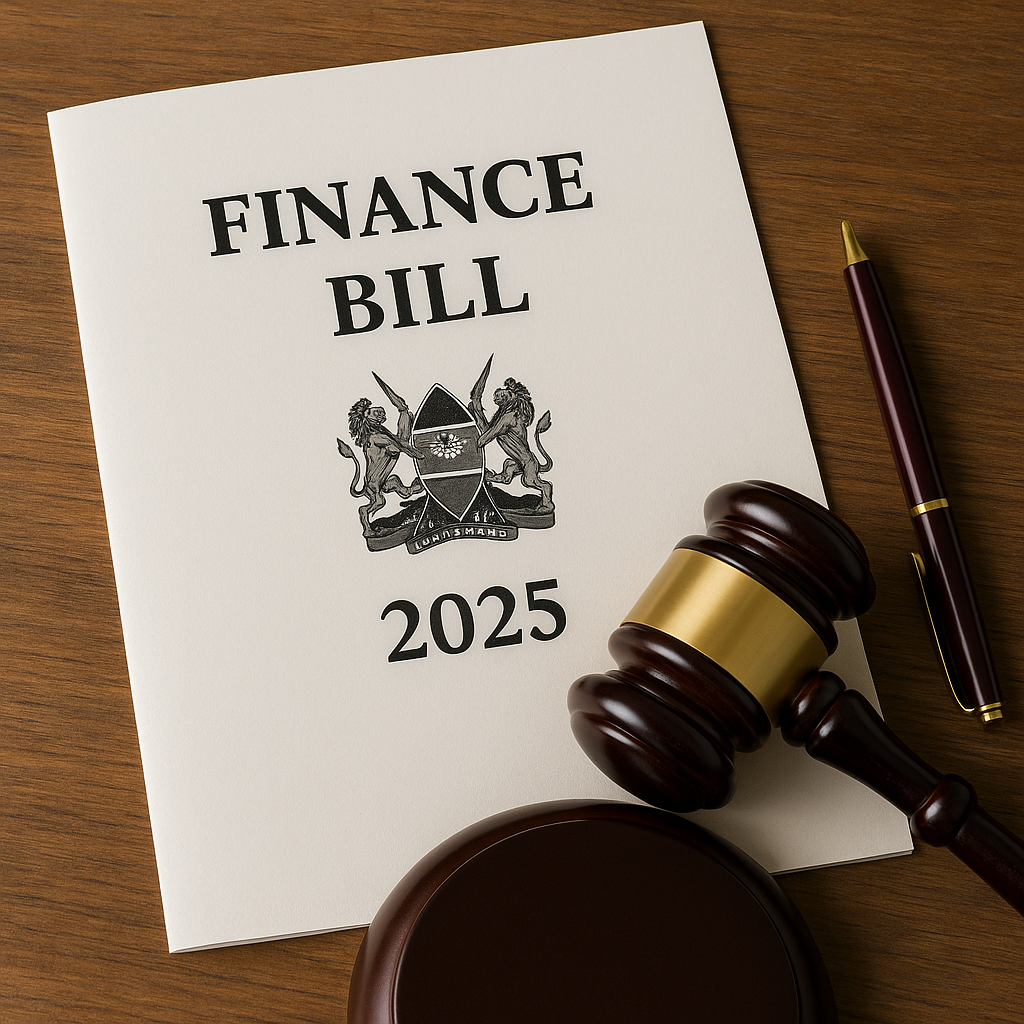
Kenya’s Parliament passed the highly anticipated Finance Bill 2025 on June 19, following weeks of intense national debate and significant public engagement.
The legislation now awaits President William Ruto’s signature to be enacted into law.
Once signed, the Finance Bill 2025 will usher in sweeping reforms across several pillars of Kenya’s tax framework, including the Income Tax Act, the Value Added Tax (VAT) Act, the Excise Duty Act, the Tax Procedures Act, the Miscellaneous Fees and Levies Act, and the Stamp Duty Act.
These changes are set to impact millions of Kenyans—whether they are formal employees, entrepreneurs, retirees, or informal sector workers.
The core focus of the bill is to ease the financial burden on citizens and to encourage savings, investment, and home ownership.
While many reforms remain technical in nature, several key provisions stand out for their direct and immediate benefits to ordinary Kenyans.
1. Gratuity Income to Be Tax-Free
One of the most notable changes is the removal of tax on gratuity payments.
Whether you are a retiring teacher, a police officer, or an employee in the private sector, the new law ensures that you will now receive 100% of your retirement package—without any deductions.
This move is expected to significantly boost retirement security and honour long-serving public servants and private workers alike.
2. Tax Relief for Building Your Own Home
In a shift from previous regulations that tied mortgage tax relief to property purchases, the bill now extends relief to Kenyans who build their own homes. Whether financing construction through a Sacco or a personal loan, homeowners will be eligible for the same tax incentives previously reserved for mortgage holders.
The aim is to encourage affordable housing initiatives and empower Kenyans to invest in long-term housing solutions.
A Broader Impact on Everyday Life
Beyond these highlights, the bill introduces a number of other reforms designed to make Kenya’s tax system more responsive and equitable.
From adjustments in excise duties to new thresholds for VAT registration, the changes reflect a broader effort to streamline compliance while generating revenue for public services.
The Finance Bill 2025 comes at a critical moment as the government navigates economic recovery, public debt management, and rising social demands.
With the President’s assent expected in the coming days, the legislation marks a significant shift in the country’s fiscal policy—one that many hope will reflect the priorities and struggles of everyday citizens.
As Kenya prepares for the implementation phase, all eyes now turn to how these changes will be rolled out, and whether they will deliver on the promise of a fairer, more inclusive tax regime.



